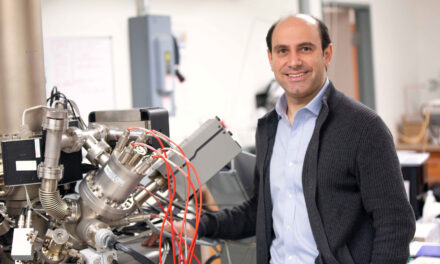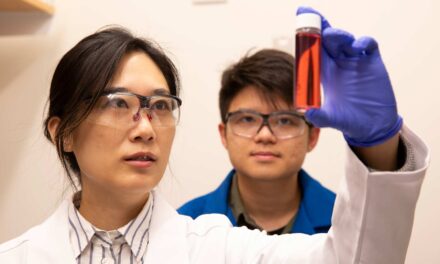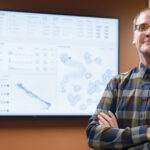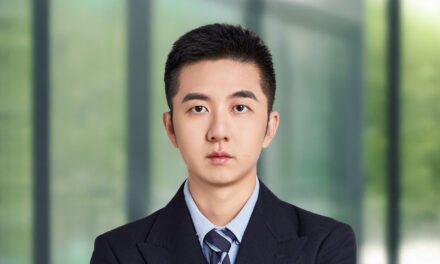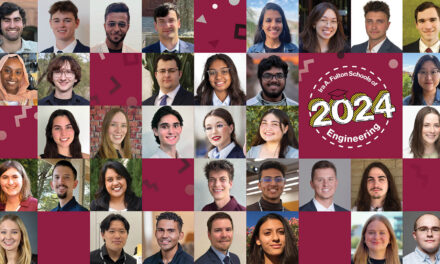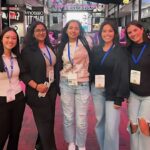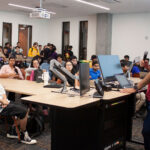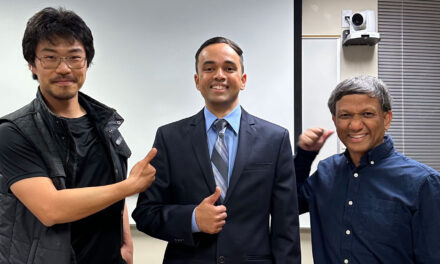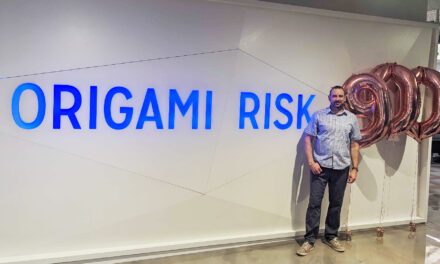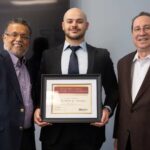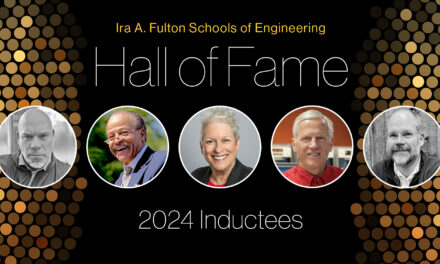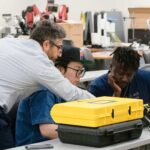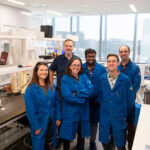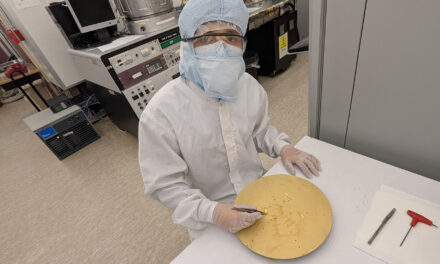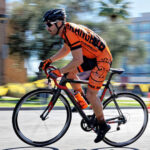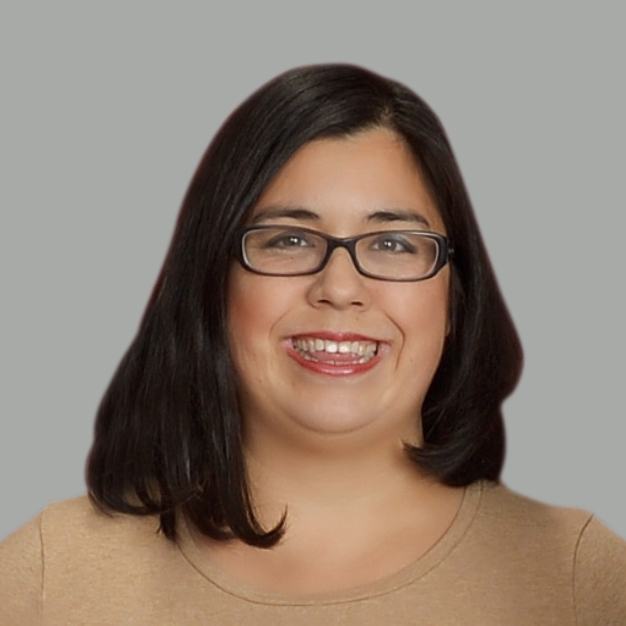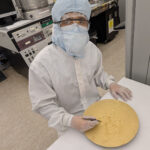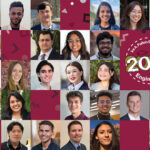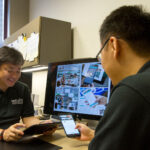
New Fulton Entrepreneurial Professors move innovation to the market
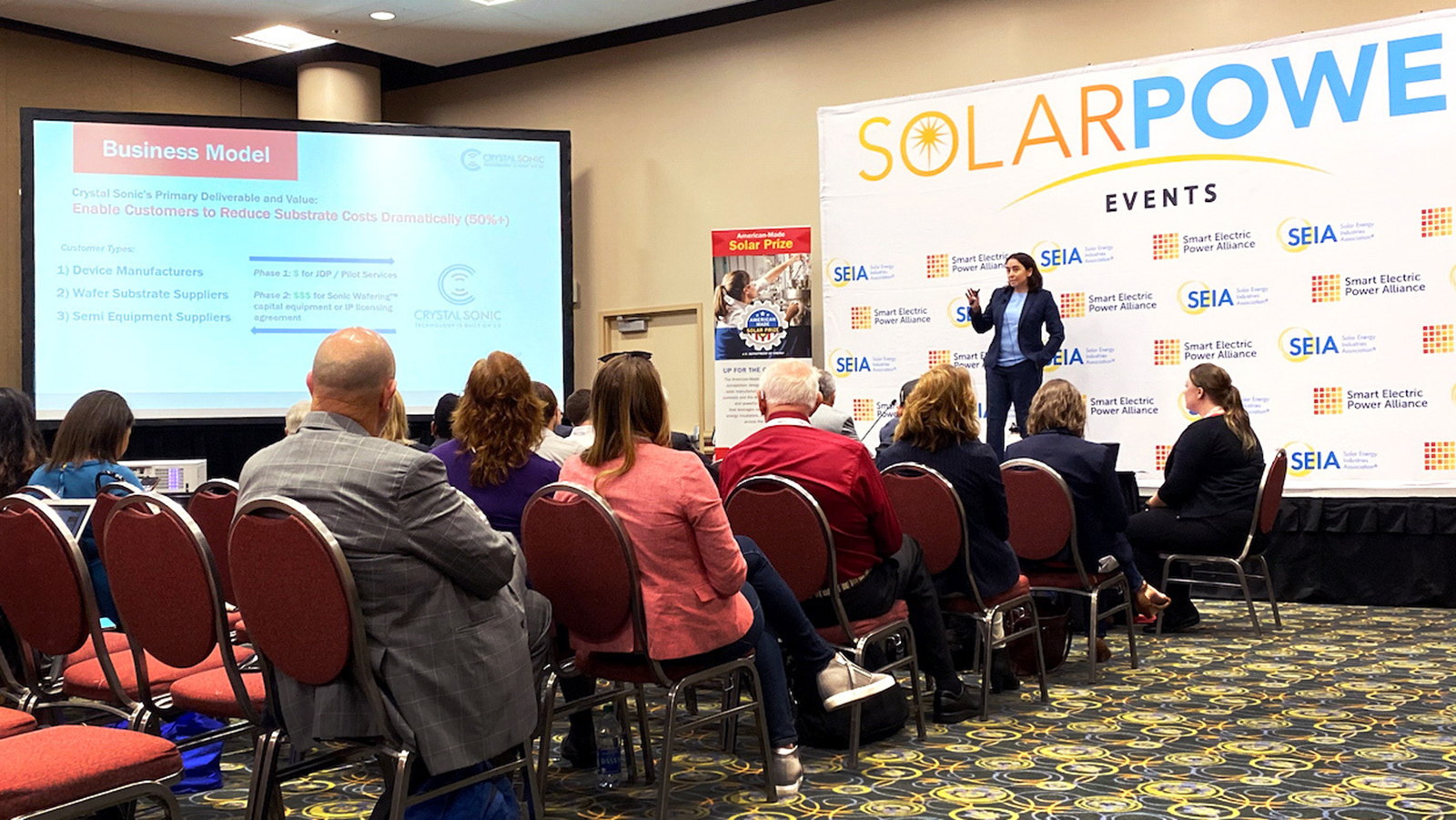
Above: ASU engineering faculty members apply a broad range of entrepreneurial development resources to transform their innovative research into successful commercial ventures. Associate Professor Mariana Bertoni took her business to the finals of the American-Made Solar Prize competition in September 2019. Photograph courtesy of Crystal Sonic
Mariana Bertoni and Jennifer Blain Christen share several accomplishments in common. They both are associate professors in the School of Electrical, Computer and Energy Engineering, one of the six Ira A. Fulton Schools of Engineering at Arizona State University. They each are co-founders of technology startups extending from their research at ASU. And now the two are receiving high-profile support from the Fulton Entrepreneurial Professors program as its two newest fellows.
These two-year fellowships provide tenured or tenure-track engineering faculty members with the equivalent of $200,000 in time and resources to accelerate their nascent ventures toward successful commercialization. They do so by reassigning teaching responsibilities and supplying research staff to manage laboratory groups. With freedom from these responsibilities, fellows can apply themselves to pursuing small business training and seed funding, working with patent lawyers, meeting with potential equity investors and consulting with industry advisers.
Bertoni and Blain Christen were among eight engineering faculty finalists who competed for these awards in late 2019. Zachary Holman, associate professor and director of the faculty entrepreneurship program in the Fulton Schools, says they were chosen for three reasons.
“They each are working on technology that already has extensive research and investment behind it. Also, their innovations have substantial practical meaning,” he says. “In other words, the commercialization of their ideas will matter to the world. Finally, they have already taken advantage of the many resources available at ASU to learn about the process of commercializing technology.”
Opportunities to advance engineering entrepreneurship include the Venture Devils league of business training, mentorship and funding, as well as the Skysong Innovations Faculty Startup Competition. Another key resource and an effective prerequisite for Fulton Entrepreneurial Professors fellowship applicants is the National Science Foundation’s Innovation Corps Site training program, also known as I-Corps.
“It’s a ‘boot camp’ to teach faculty the foundations of entrepreneurship,” Bertoni says about her experience of I-Corps. “At the beginning, it’s just brutal. You feel like venture development is not for you at all. But the experience really equips you to transform your idealistic, professorial vision of your product or process. You shape it into something that makes sense for the marketplace.”
Improving the process of semiconductor production
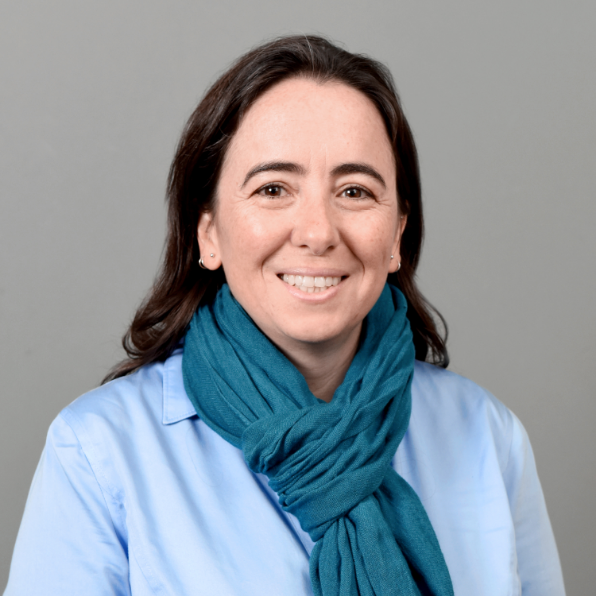
Mariana Bertoni
Bertoni will use her forthcoming Fulton Entrepreneurial Professors fellowship experience to advance Crystal Sonic, the technology company she co-founded two years ago to improve the efficiency and lower the cost of next generation semiconductor manufacturing.
“Every semiconductor chip is built on a wafer that is cut from a big crystal. But just like sawing a piece of wood, the cutting process sends dust flying. And when making very expensive chips, that dust represents a lot of wasted money,” she says. “What if you could cut the crystal without so much loss? I started investigating what that might entail, and I came across concepts about fracture and sound. Remember the old television commercial about the professional singer who can crack a glass with the power of her high note? What if you could do that in a controlled manner? That’s what Crystal Sonic does. We cleave materials using sound and without any waste.”
Bertoni says that goals for her fellowship include completing seed fundraising by the end of this year. She says approximately $2 million will enable Crystal Sonic to move from her lab into its own dedicated space, as well as hire new staff to pick up the pace of development.
“Mariana is a tremendous asset to our cadre of researcher-entrepreneurs. She is razor sharp, eloquent and business savvy, while also being a brilliant scientist,” says Brent Sebold, director of Entrepreneurship + Innovation at the Fulton Schools, which helps to develop more than 200 ventures led by faculty, students and alumni. “I’m also excited for Crystal Sonic because Pablo Guimera Coll, the company’s research and development specialist and an engineering PhD candidate, has been very active in our university startup ecosystem. He has been selected as a Prescott Fellow and won a $20,000 grant from ASU’s prestigious Edson Student Entrepreneur Initiative. This team clearly demonstrates the potential of our collaborative culture pursuing engineering innovation at ASU.”
Expanding the range of medical self-testing
Campus collaboration also generated FlexBioTech, which Blain Christen co-founded five years ago after a serendipitous meeting with Karen Anderson, a professor at ASU’s Biodesign Institute. The two combined their talents with a vision to seize opportunity in medical diagnostics.
“We all have many different indicators of health in our bodies. We call these biomarkers, and we can measure them from blood, sweat or saliva,” Blain Christen says. “Sometimes measuring one thing is enough. Think of a pregnancy test. It’s just a yes or no. You’re either pregnant or not pregnant. A low-cost test that people can complete at home does the job.”
But conditions like cardiac disease, for example, present a broad spectrum of health states. Heart ailments range from mild to severe, and that variability means many different biomarkers need to be evaluated. This currently requires expensive, laboratory-based or physician-conducted testing.
“But there is a significant gap between these two diagnostic extremes,” Blain Christen says. “We have the potential to fill that gap by expanding meaningful self-testing to make health care more efficient and less expensive. This is our mission at FlexBioTech.”
Current trials include cancer-related testing for human papillomavirus, or HPV, among women across India. As well, FlexBioTech is working domestically to support hospitals in reducing re-admission rates among patients who are discharged but may lack adequate health monitoring during their recovery.
Blain Christen’s key goal for her new fellowship is securing Federal Drug Administration approval for their work. She says the process demands a lot of product testing and an incredible amount of documentation, which requires more focused time than she could offer in the context of academic life without the Fulton Entrepreneurial Professors program.
“Jennifer demonstrates tremendous dedication to improving public health through the pursuit of novel engineering,” Sebold says. “So, it has been exciting to witness her venture development journey. It is exactly these types of multidisciplinary collaborations that deliver impactful scientific innovations.”
Making connections for venture development
The new Fulton Entrepreneurial Professors fellowships are only just beginning, but the program has already extended meaningful support to Bertoni and Blain Christen. Crystal Sonic has been connected with a venture capital group in Boston that focuses on early equity investments to foster technical solutions through the application of hard sciences. Similarly, FlexBioTech has connected with a San Francisco-based group that invests in the development of health care innovation.
“These valuable connections are not just about money,” Holman says. “They also potentially bring access to talented people who offer expert advice or may even join a venture in a full-time capacity.”
Holman says that guidance on nuts and bolts issues is an important part of the fellowship program.
“Whether it’s finding a template for a mutual non-disclosure agreement or a benchmark for an appropriate amount of company equity to offer to newly hired staff, there are people within ASU and across the country who have answers built on relevant experience,” he says.
He also says that it’s easier to motivate support when a business contact knows they are dealing with a Fulton Entrepreneurial Professors fellowship winner, which means someone who is working on innovation with real-world significance and a venture that is already on the road to success.
Bertoni says, “ASU and the Fulton Schools really promote the efforts of faculty who want to make their research matter and get their ideas out there in the world. This is fantastic because many other universities don’t do so. But beyond specific ventures, this culture elevates the mindset of students. They see professors innovating and applying their work to better society, and that gets everyone’s creative juices flowing.”


